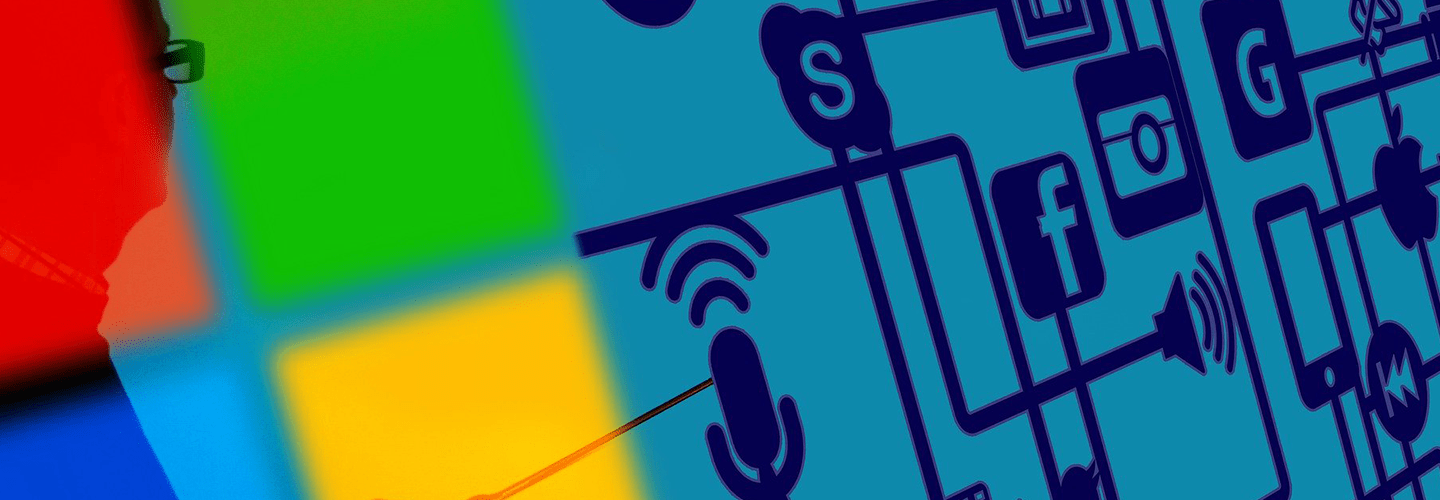In June, Microsoft announced that it would not release a standalone version of its virtual assistant Cortana for Android or iOS devices. Instead, Microsoft said that a new version of its digital helper; one aimed at business users will appear in the forthcoming Windows 10 Fall Creators Update. Read on to learn why this isn’t necessarily bad news for the future of Cortana app on smartphones and tablets.
Cortana app was one of the flagship features in Windows 10. The voice-activated virtual assistant could perform all sorts of tasks for users ranging from setting reminders to searching documents stored in OneDrive. The problem with this was that almost nobody used Cortana. Users were more comfortable with Siri or Google Now. They didn’t want another app to learn; they wanted an easier way to access information that they were already stored on their phones. As a result, Microsoft made a business decision to stop investing resources into developing Cortana as a standalone app and instead integrate it into other such platforms.
Why Microsoft Stopped Developing Cortana For Android and iOS
Windows 10 is a huge investment for Microsoft. The company hopes that Windows 10 will be a one-stop-shop for all your needs. From productivity to entertainment, you should be able to do everything from your PC. However, there are a couple of issues with this approach. First, PC sales have been declining over the years, and second, people have started using mobile devices more and more. This is the reason why Cortana is available on Android and iOS. Users are increasingly using their smartphones for information and productivity. Microsoft wanted to make it easier for these users to access their information on the go. But with Cortana being a Windows-only app, it made sense to drop support for Android and iOS. It was a business decision to focus on the Windows ecosystem and make Cortana better for Windows 10 users.
Windows 10 Fall Creators Update: A New Era for Cortana App
The good news is that with the upcoming Windows 10 Fall Creators Update, Cortana will be getting a big upgrade. The new iteration, which will be exclusive to Windows 10 devices, will come with a host of new features including the ability to make appointments, track packages, and more. The new version of Cortana may not be available on Android or iOS. But the company has made one key change, now, Cortana is a business assistant. It is not meant to be a consumer-facing virtual helper. The new iteration of Cortana will be an integral part of the Windows 10 operating system to help businesses be more productive. This is a big win for Windows 10 users who will now get a much more powerful digital assistant to help them get more done.
The Future of AI Assistants Is Voice Platforms
Whereas it used to be the case that the best business assistants were those that were integrated into specific software in the future, the best business assistants will be voice platforms. You can already see this trend with the likes of Alexa and Google Assistant. One can integrate these virtual assistants into almost anything including smartphones and smart glasses. In the future, businesses are expected to transition away from integrated assistants to voice platforms. This is because voice assistants are more accessible and easier to use. This is great for consumers, but it is bad news for standalone assistants like Cortana.
Bottom line
Microsoft may have stopped developing Cortana for Android and iOS, but the company will release a more powerful and useful version in Windows 10. The future of AI assistants is voice platforms, not integrated assistants, and Microsoft will have to focus on building a great voice platform. Now, it’s important to remember that although Microsoft has decided to focus on Windows, for the time being, the company hasn’t ruled out the possibility of releasing a standalone version of Cortana for other platforms in the future.

